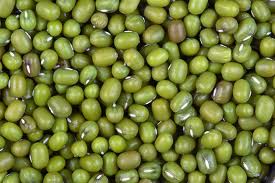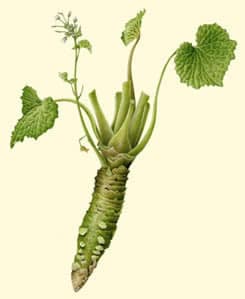The Artichoke or Globe Artichoke (Cynara scolymus) is a perennial plant of the Asteraceae family, are originating in Southern Europe around the Mediterranean. The thick edible scales and bottom parts of the immature flower heads are culinary delicacy. The bottom part of the immature flower head called a heart.
The globe artichoke (Cynara cardunculus) is one of the oldest known cultivated vegetables, originating from Ethiopia, with Italy currently being the world’s largest producer. It was valued in ancient Greece and Rome as a digestive aid, available only to the wealthy due to its scarcity.
It was the French and Spanish explorers who fist brought artichokes to the shores of the United States, and today virtually all of the globe artichokes grown in the US are produced in Castroville, California.
Benefits of Artichoke
They are rich in manganese, which enhances thyroid function. Manganese helps the thyroid gland convert inactive thyroxine into active triiodothyronine, which boosts your metabolism and yourmood.
Folate rich foods help lower cancer. Folate produces thymine, a building block of DNA repair. A shortage in thymine destabilizes DNA, which pumps cells for cancer development.
Insulin helps reduce bloat and other symptoms of irritable bowel syndrome.
The compounds cynarin and luteolin stimulate bile production which inhibits the formation of artery clogging cholesterol. This helps reduce LDL, the bad cholesterol.
Globe artichokes are an excellent source of dietary fiber, magnesium, and the trace mineral chromium. They are a very good source of Vitamin C, folic acid, biotin, and the trace mineral manganese. They are a good source of niacin, riboflavin, thiamin, vitamin A, and potassium.

